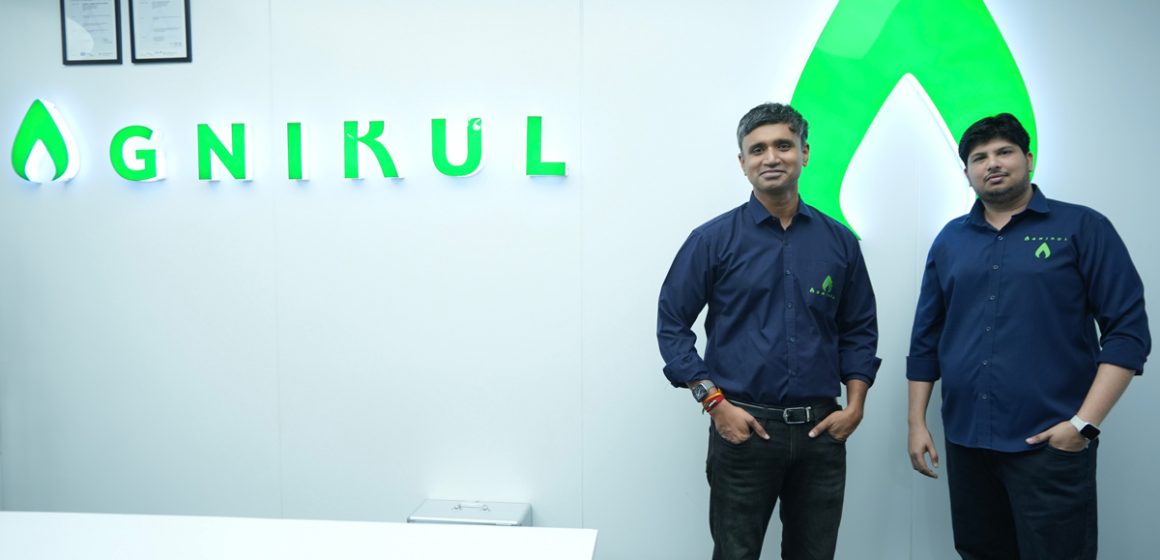AgniKul’s new facility offers a fully integrated additive manufacturing ecosystem that spans design, simulation, printing, post-processing and finishing. This enhances quality, reliability and supply chain resilience, while cutting the cost of building for space by up to 50 per cent.
Innovation doesn’t just create new products; it often helps bring down the cost of high-end technologies, accelerating their adoption. In a world still marvelling at the $5 billion poured into Elon Musk’s Starship programme, Chennai-based spacetech startup AgniKul Cosmos is taking a sharply different route—making space exploration affordable through advanced manufacturing.
The company has just commissioned a state-of-the-art additive manufacturing facility dedicated to aerospace and rocket systems. In the technology-driven field of spacetech, additive manufacturing refers to the layer-by-layer construction of complex components using digital design and metal powders, enabling faster, more precise, and cost-effective production.
AgniKul’s new facility introduces a fully integrated ecosystem encompassing design, simulation, printing, post-processing, and finishing. This helps enhance quality, reliability, and supply chain resilience while reducing the cost of building for space by up to 50 per cent.
Founders Srinath Ravichandran and Moin SPM have long championed the potential of 3D printing in spacetech. In 2024, they successfully launched the Agnibaan Sub Orbital Technology Demonstrator (SOrTeD) from Sriharikota, powered by the world’s first single-piece 3D printed rocket engine, a design for which AgniKul holds a US patent.
The new facility enables 3D printing of aerospace and rocket components up to one metre in height. By making it possible to produce parts previously considered unviable for additive manufacturing, AgniKul can now deliver fully finished, flight-ready hardware within days.
In a statement released on Monday evening, Ravichandran, Co-founder & CEO, said, “AgniKul was started with the goal of making space available to everyone. One way to do that is to build capability that allows us to advance rocket manufacturing with precision while also focusing on quality. By developing not just printing capacity but also full-scale machines in-house, we are equipping ourselves to build space transportation systems faster—bringing us one step closer to taking AgniKul’s innovations and our customers to space.”
Complementing the printing capacity is an indigenously designed de-powdering machine, a critical post-processing system that ensures flawless surface finish and space-grade quality on additively manufactured parts.
Manufacturing to Scale
The facility will allow AgniKul to print engines measuring one metre and deliver seven times the thrust of its earlier designs. Beyond its immediate applications for the company’s launch vehicle programme, this capability represents a long-term investment in India’s space ecosystem, enabling the country to meet global benchmarks of quality, speed, and affordability.
Commenting on the milestone, Moin SPM, Co-founder and COO, noted, “With this facility in place, we are advancing our own launch readiness and also helping shape the foundation for a self-sustaining and globally competitive space industry in India.”
This also includes boosting India’s own reusable rocket programme, helping maintain the country’s position as the lowest-cost hub for satellite launches.
Strengthening the country’s emerging academia-industry partnership, the factory is located within the Indian Institute of Technology Madras Research Park.
AgniKul is backed by leading global and domestic investors, including Celesta Capital, Rocketship.vc, Artha Venture Fund, Artha Select Fund, Mayfield India, Pi Ventures and Speciale Invest, with a total capital raise of USD 45 million to date.
-Manish Pant


